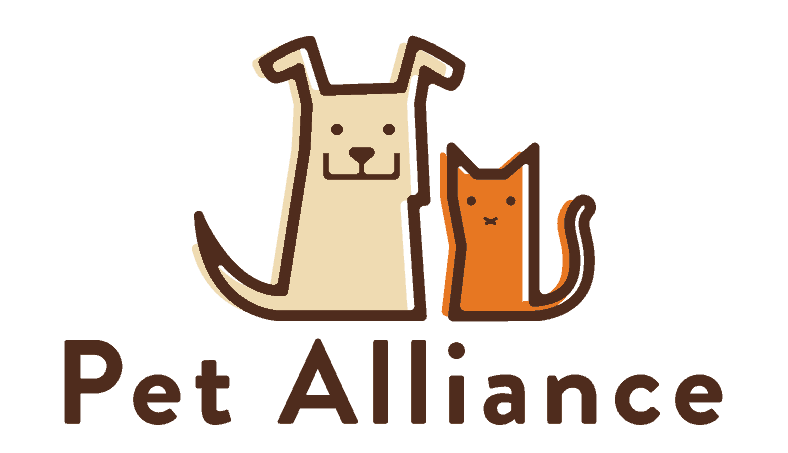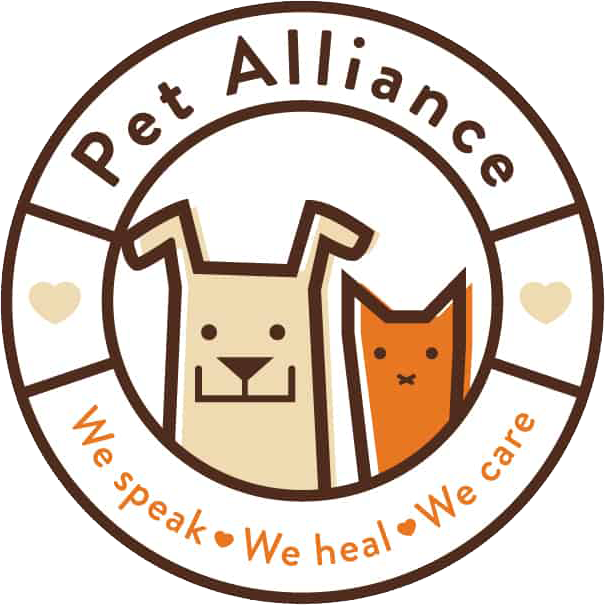Tuesday, December 17, 2019 Update
Pet Alliance of Greater Orlando is happy to announce that dog adoptions and intakes at our Sanford facility will be reopening at 12 pm on Wednesday, December 18, 2019.
Over the last several weeks, we treated seven confirmed cases of puppies with canine parvovirus across both shelters. When faced with an outbreak of parvo, many shelters will put down all affected puppies in their care because they lack the resources to isolate and treat it. Thankfully, we did not have to do that.
Thanks to the quick thinking of our shelter staff and the expertise of our shelter medical team, we were able to provide lifesaving care to the puppies affected as well as preventable care to 20 additional dogs.
The puppies are now recovering and will be ready to find their forever homes soon. The cost of treating parvo ranges from $500 – $2,000 as each case presents its own challenges and treatment plan.
We are lucky enough to not only have the ability to isolate these puppies but also experienced staff and the resources to treat the virus thanks to your support. Each donation helps provide lifesaving medical support to animals in need. Your support also helps ensure that operations continue as normal for all of the pets in our shelters.
Will you donate today to continue to make this lifesaving work possible?
We are happy to reopen the shelter to the community just in time to find them loving homes for the holidays. Help us clear our shelters! As of today, over 245 animals are ready to find their next forever home at both our shelters and offsite locations. An additional 120 cats and dogs are in foster care and will soon be looking for their new family too!
Monday, December 2, 2019 Update
Over the last several weeks, Pet Alliance has confirmed 6 dogs with canine parvovirus at the Orlando Shelter and Sanford Shelter. Due to our building capacity, we will suspend dog adoption and intakes at our Sanford location until further notice. Additionally, Hound Around Town at BOTH shelters will also be closed until further notice.
The Orlando shelter will continue as normal due to the ability to quarantine and isolate. The puppies are being treated and are responding well.
We will have several extended adoption events that will have both cats and dog at PetSmart Lake Mary. Here is the schedule:
- Mon. Dec 2nd, 1-4pm
- Thurs. Dec 5th, 12-4pm
- Fri. Dec 6th, 12-4pm
- Mon. Dec 9th, 1-4pm
- Thurs. Dec 12th, 12-4pm
- Fri. Dec 13th, 12-4pm
Normal weekend events at Lake Mary are still on schedule. You can find ALL of our offsite adoptable pets here
Things to know about Canine Parvovirus (CPV or Parvo) Virus
What is the Parvo Virus?
Parvo is a highly contagious virus that largely affects puppies ages six weeks to six months. Unvaccinated or dogs who have not received their booster shots are most at risk for contracting Parvo.
There is no evidence that this Canine Parvovirus can infect people.
What does Parvo cause?
Parvo causes a severe intestinal infection that replicates most commonly in the small intestine causing a number of GI issues and can even make its way into lymphopoietic tissue and bone marrow. Here are a few common symptoms to look out for:
- Depression
- Lethargy
- Dehydration
- Severe, bloody diarrhea
- Vomiting
- Fever
- Weight-loss related to not eating
- Weakness
How do dogs get Parvo?
This virus is highly contagious and is spread through direct contact with an infected dog, or through indirect contact with contaminated areas. Antibodies from mom help protect puppies after they’re born, but soon fade as the puppy starts weaning. That’s why it’s strongly encouraged for pet parents to vaccinate young pups as soon as they’re able to at six-eight weeks against Parvo as well as many other preventable illnesses, as they are most susceptible.
It’s also strongly recommended that puppies who are not vaccinated (starting as early as when they are first born to when they are first vaccinated) are quarantined from other dogs to limit their exposure to potentially harmful viruses like Parvo.
How are Parvo-infected dogs treated?
All cases are treated individually by our shelter medical team, but affected dogs can receive a combination of IV antibiotics, fluids, anti nausea and anti diarrheal medicine in addition to round the clock care.
Parvo reduces a dog’s ability to fight infection by lowering white blood cell count, so keeping pups stable is imperative.
Is there a vaccine for Parvo?
Puppies are vaccinated against parvo at approximately 6, 8, and 12 weeks of age via the DHPP vaccine that also helps prevent other illnesses as well.
Is diagnostic testing necessary if I strongly suspect Parvo?
If you suspect your dog has the symptoms of Parvo, it’s important to contact your veterinarian as soon as possible.
At your appointment, the vet will conduct a run a test called an ELISA to search for virus antigens your dog’s fece, as well as any additional testing.
What can I do if Parvo is confirmed by diagnostic testing?
You veterinarian will want to begin immediately treating the virus and it’s symptoms. Reference the “How are Parvo-infected dogs treated” section for details.
- Most puppies that survive the first 3-to-4 days will make a complete recovery, which usually takes around one week.
- Bleach is one of the few disinfectants known to kill the virus.

